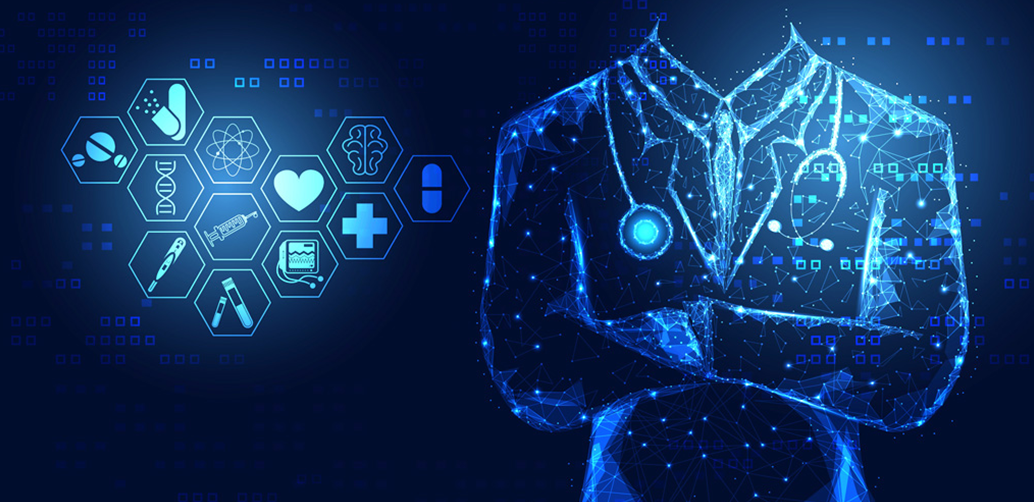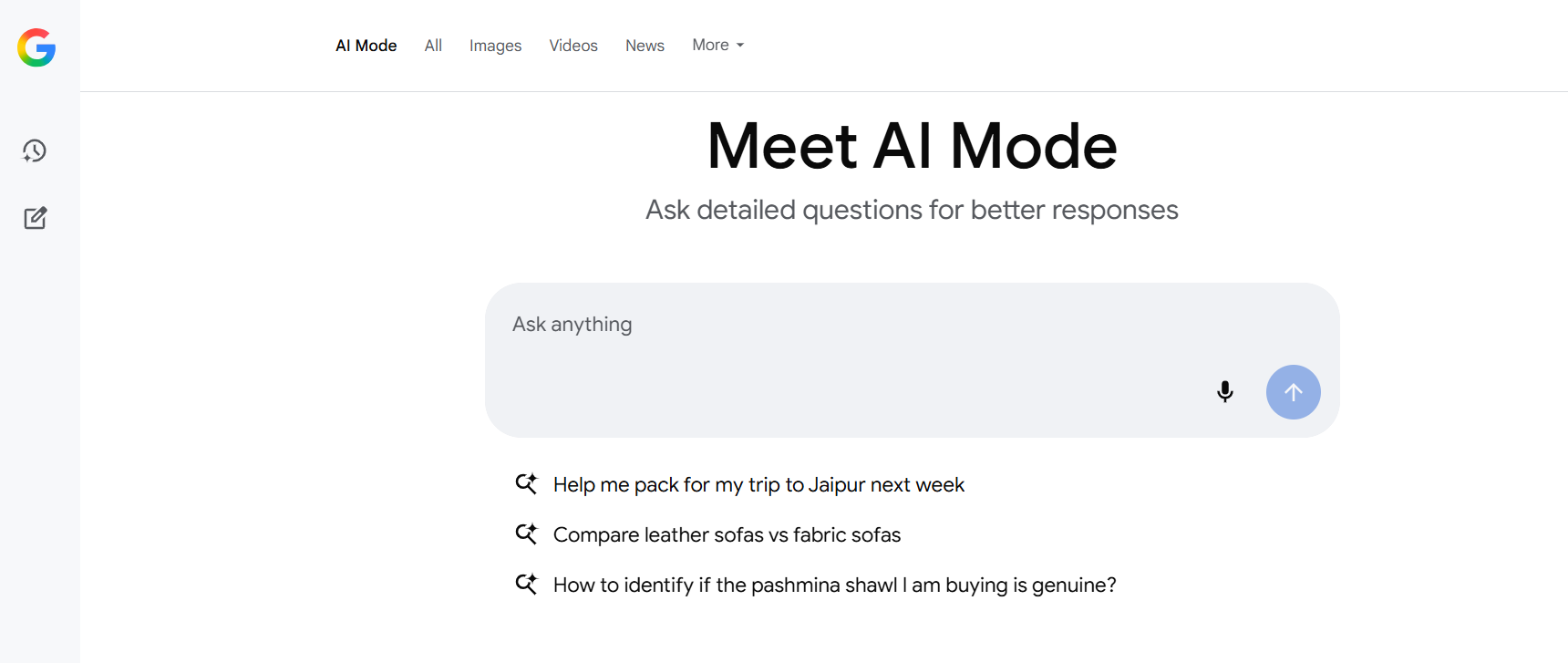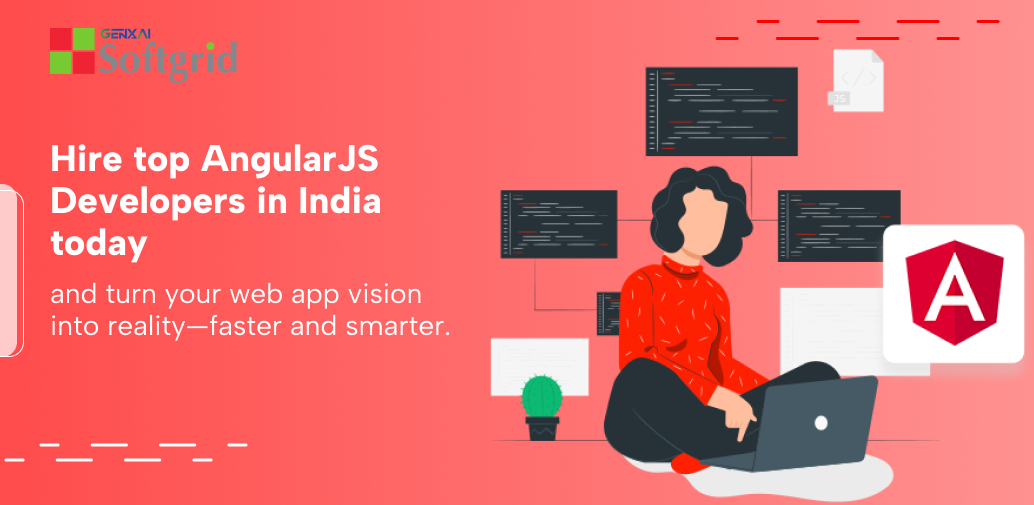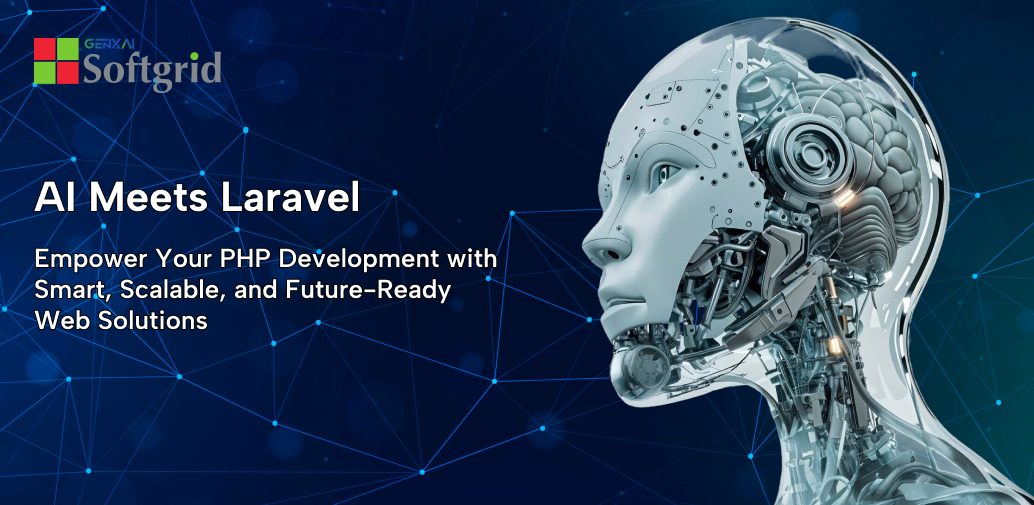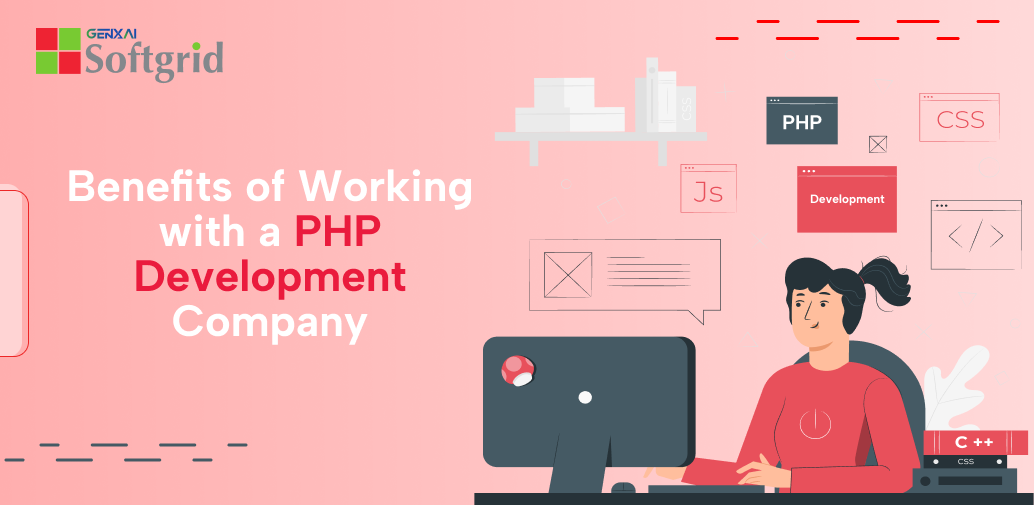Even though countries spend a substantial amount of their GDP on healthcare, hospital costs are escalating. There are also several instances of data breaches and inefficient practices.
This is where Blockchain technology comes in. So what exactly is Blockchain?
Understanding Blockchain
Blockchain is a shared unchallengeable record of a transaction chain each of which is composed as a block and the blocks are held with hashes or cryptographic keys. The keys are stored in ledgers that are shared and joined by a nodes mesh or processes which connect each of them. Every node has the entire chain copy and this is synchronized constantly to keep it up to date.
Blockchain technology has already penetrated the major industries gaining acceptance because of the decentralized nature of its digital ledgers, tamper-resistance, and since it is impossible to change a transaction that is published in the user community who share the ledger. This technology is the DLT or digital ledger technology.
Blockchain in healthcare apps
Blockchain in healthcare app development serves a variety of purposes.
Clinical Research
Electronic health records today allow updating and sharing of medical information automatically within the organizational network. Blockchain allows extending it to organize the formation such that the topmost layer is the only layer that is not PHI or personally identifiable information.
This lets the researchers and the organizations get access to a lot of data with thousands of patients. With such a huge amount of data, clinical research gets promoted. It also promotes any adverse reporting of events, safety events, and reposting public health.
Fast, cheap, and better care for patients
Blockchain creates a single system which is more secure and can be rapidly retrieved by any authorized user. This avoids miscommunication between the professionals who are all involved in caring for the individual patient. This saves from innumerable mistakes which get prevented through Blockchain technology. It also makes diagnosis and intervention faster, letting patients get personalized care.
Verifying credentials of the medical staff
Blockchain technology can be used to track medical professionals’ experience. The healthcare organization can log the staffs’ credentials which in turn help to streamline the process of healthcare staff hiring.
Blockchain allows faster credentialing for the organization that boosts the hiring process. The medical institutions, healthcare providers, and insurers can monetize the existing data credentials of any past or existing staff.
Electronic health records get interoperable
Blockchain offers a single transaction layer. The organizations share and submit the data through a single secure system. A standard set of data is stored on the chain with separate encrypted private links to save information like images. With a uniform protocol for authorization and using smart contacts, it offers connectivity seamlessly.
Switching patients between the providers
Blockchain has the same information which lets patients unlock and share data of their health with other organizations too just by using a private key that is sharable. This makes health information technology collaborative and interoperable between varied users through Blockchain healthcare mobile app development services.
Data now stays secure
Data breaches in healthcare are not unheard of. Blockchain has a security feature that protects health information. Each individual has a private or a public key that can be unlocked for a limited period. This also limits hacking.
Securely trace medical supplies
Blockchain helps to secure and identify the pharmaceutical supplies trail with complete transparency. It also lets the organization monitor the cost of labor and keep a track of carbon emissions that are involved in the manufacture of these supplies.
Transparency in the supply chain is crucial. It is a major challenge that the healthcare sector has to face. Blockchain allows tracking the items from the point of its manufacture at every stage of the supply chain. This lets the customers have complete transparency and visibility of the goods.
It is important especially with many counterfeit products now finding their way into the market causing thousands of deaths. Medical devices too are under the same category attracting bad and unregulated manufacturers.
Blockchain when paired with artificial intelligence ensures:
- An improvement in customer confidence since the customer can track every package from end to end.
- Medical device and pharmaceutical manufacturers need to ensure the safety of patients. Aggregating the supply chain data in the system helps in streamlining compliance.
- Once the data is in its place the company uses AI to predict the demand and then optimize their supplies accordingly.
Claim health insurance
Blockchain processes the claim for health insurance because it presents the medical events as and when it occurs. There is no risk of the data getting changed later which saves the bills from fraud.
Remote monitoring
Advanced technology makes healthcare applications important. The electronic medical records are kept secure in the Blockchain network. The data can now be sent easily to the medical personnel which makes self-monitoring and home care easy.
Blockchain protects the data from malware and root exploits which could give the private key to the hacker.
Track outbreaks and diseases
Blockchain is unique as it reports diseases in real-time. It explores the pattern of the disease that helps in understanding its origin and the parameters of transmission.
Remote monitoring through IoT security
Remote monitoring is a major trend today in digital health. Some sensors are used to measure the vital signs of the patient. This lets the practitioner get better visibility into the health of the patient. It enables preventive and proactive care.
Security however is a key feature in IoT. The patients’ data must stay private and nothing is tampered with to create false information.
Blockchain system allows secure remote monitoring of the IoT devices.
Blockchain cryptography takes care that only the parties permitted can get access to the personal records of the patient which is stored in the Blockchain as a hash function. Once the patient data gets recorded in the ledger then it becomes impossible to tamper it since one will need to get access to all the copies that are stored.
Since Blockchain is decentralized it enables the IoT devices to interact with each other directly without it going through a centralized server.
Safeguard genomics
DNA sequencing is gaining popularity and this has led to many cases of genomic data theft. Blockchain helps prevent this. It offers a virtual marketplace where scientists get access to genomic information and use it for research.
This promotes safe selling and eliminating the role of a middleman.
You thus see the benefits of blockchain healthcare app development. Blockchain works to better the drawbacks of traditional database healthcare management systems. This includes functions like decentralizing management, offering an unchangeable database, offering robust and traceable data, data provenance, making data available to the authorized user while ensuring that it stays protected from any unauthorized use by encrypting it.
Conclusion
Blockchain is emerging as a powerful technology that enables data sharing and access between parties in a secure environment. Traditional digital health offering methods are struggling with this challenge to ensure the security and privacy of medical data.
Blockchain takes care of this issue. It also improves care quality offering better coordination of inpatient data management across the healthcare system. It is now possible to apply the data to analyze it at a population level.
Blockchain makes digital health apps work easily to share data securely across the fragmented healthcare system with the consent of the patient. Blockchain in healthcare apps is inevitable because the future of the healthcare organization will solely be based on this technology.
Hiring a good healthcare mobile app development team is the key to not get left out and to reap the maximum benefits of this lucrative and demanding sector which has already tasted the flavor of the digital health services.

 Web and Full Stack
Web and Full Stack CMS and Frameworks
CMS and Frameworks Online Marketing
Online Marketing Cloud Services
Cloud Services ECommerce
ECommerce Mobile
Mobile